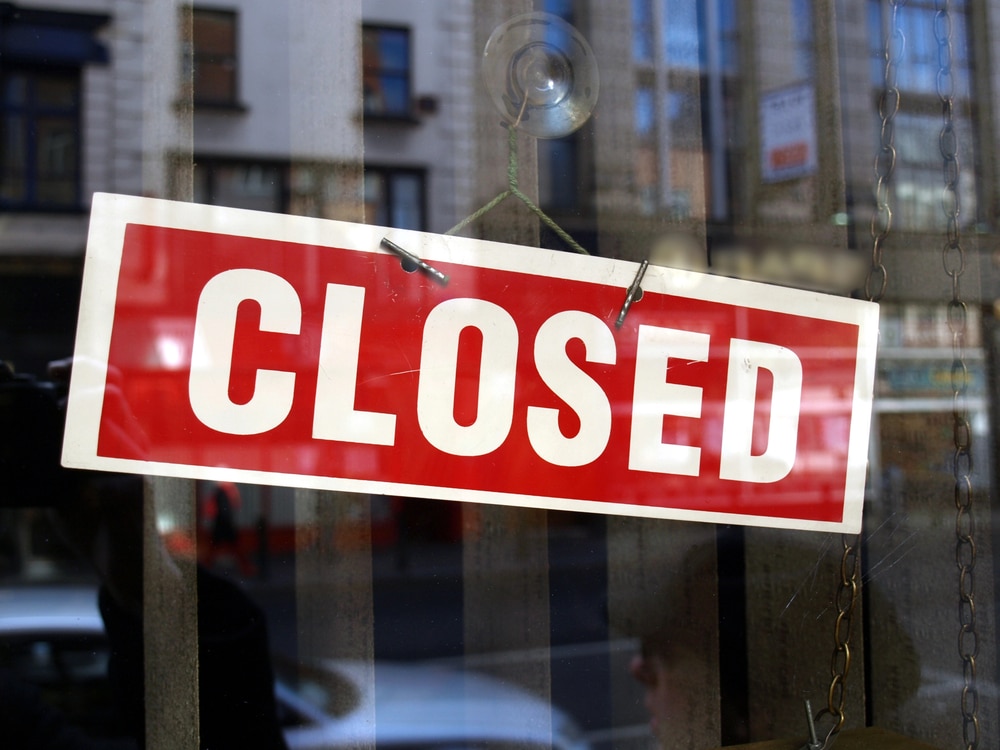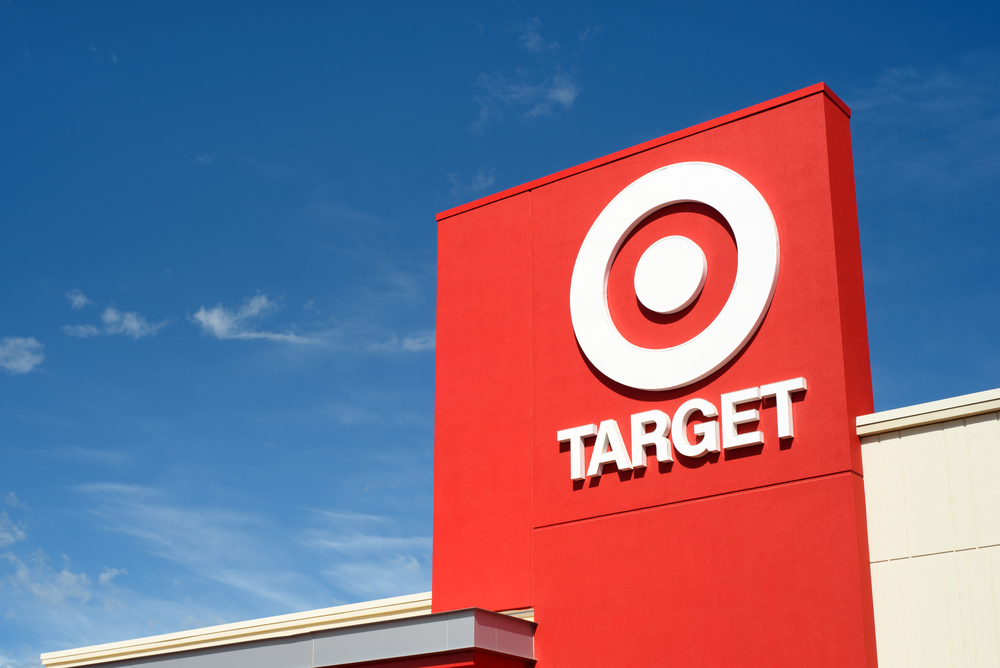Rideshare companies Lyft and Uber announced they will stop working in Minneapolis from May 1 if a new minimum wage ordinance becomes law. Lawmakers are looking for solutions, while the companies claim they were disappointed by the City Council’s decision.
10,000 people out of work
The Minneapolis City Council passed the ordinance in a 9-4 vote to raise the minimum wage to $15.57 per hour. This led to fierce responses from Uber Technologies Inc. and Lyft Inc., with ridesharing companies sharing disappointment over the decision that will leave around 10,000 out of work
The new ordinance would take effect May 1
Lyft sent a message to its customers that the new ordinance would make its services unaffordable to the majority of Minneapolis residents. The rideshare service noted that starting May 1, it would no longer offer rides in this city.
Inside the ordinance
The ordinance mandates that rideshare drivers make at least $1.40 per mile and $0.51 per minute within Minneapolis. Mayor Jacob Frey, a Democrat, said he supports fair wages, but not to the point where people would lose their jobs. Minnesota Governor Tim Walz said a solution that benefits all sides is needed.
The prices would double
Lyft already planned an exit on April 1 but extended it until May. In an email to its drivers and customers, the rideshare company said the ordinance would nearly double ride prices in Minneapolis and could affect ride volume, leaving drivers earning less.
Replacement apps
Some drivers announced they would launch The Drivers Cooperative, similar to the one that worked in New York City while the Bigg Apple was without Lyft or Uber. It was started in 2021, and in NYC, it has over 12,000 drivers.
Walz is skeptical
Governor Walz is skeptical that any rideshare company could meet the requirements in the upcoming weeks. That’s why he asked for all sides to return to negotiations. House Majority Leader Jamie Long, a Democrat, assured the public they were working on solutions.
Other ventures expressed interest in working in Minneapolis
MOOV, Empower, Pikapp, Wridz, Revo, and Telepor also expressed interest in coming to the Twin Cities. But, it is more complex than it appears since all rideshares have to meet state-approved requirements.
End of Lyft and Uber across the state?
Representatives for Uber and Lyft, in statements to WCCO, not only warned the companies would stop operations in Minneapolis but also said the ordinance could jeopardize services in the entire state. Yet, despite increasing wages, New York and Seattle still have rideshares.
Drivers are in a tough spot
Increased gas prices and living costs prompted drivers to speak up. Many shared their stories, reminding people that half the time, all they do is sit in their cars waiting to get rides. According to state data, many drivers live in low-income households, up to 200 percent of the federal poverty level.
Cheap labor
Jamal Osman, a council member who co-authored the policy, said drivers deserve dignified minimum wages and added that people of color will not be used as cheap labor. Osman’s comments were backed by data that suggested that the majority of drivers are Black or Hispanic men.
Things turned political
State Republicans failed to force a vote to prevent Minneapolis from setting pay for rideshare drivers. House Republicans are still encouraging Democrats to support their preemptive bill, which would override Minneapolis’ new ordinance and discourage any city or municipality from making their own rules on rideshare driver pay.
Uber and DoorDash sued New York City over minimum wage law
Last year, DoorDash, Grubhub, and Uber Eats sued the Big Apple to block the law that sets minimum wages for food delivery workers. In September, a New York state judge rejected a bid.





